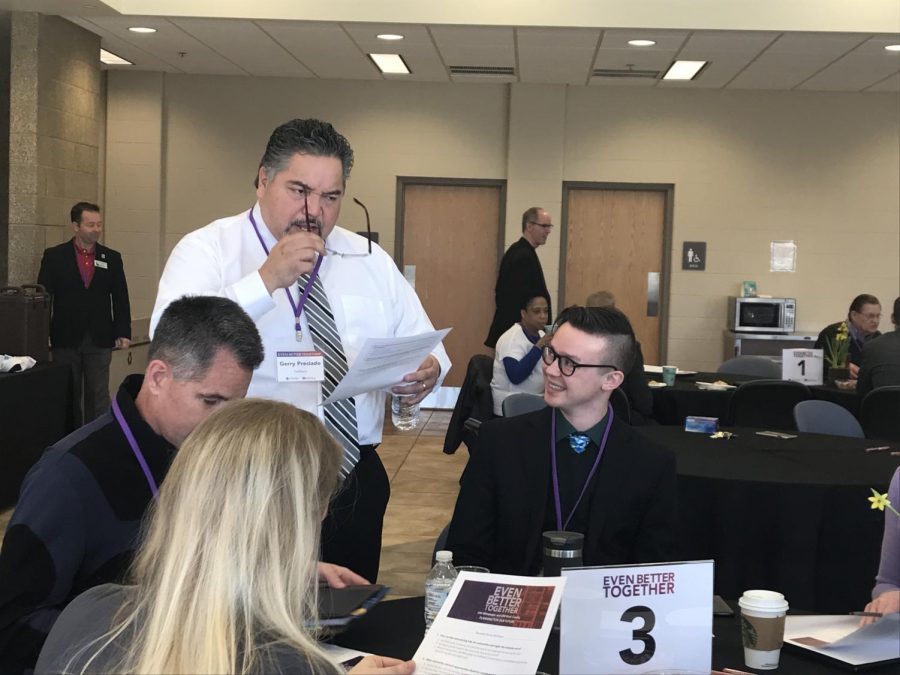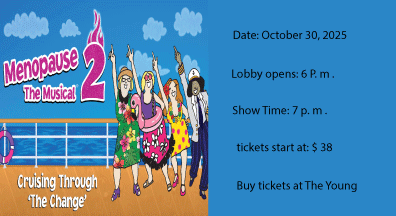Planning for our future
Gerry Preciado leads a discussion about the UW-System merger with student body President Tom Kind and other attendees.
March 5, 2018
University of Wisconsin-Whitewater administration and members of University of Wisconsin-Rock County met for a planning session about the UW-system restructuring on Saturday, March 3.
The planning session included brainstorming groups where attendees were given a topic to discuss different methods and strategies for how the merging of UW-Rock County and UW-Whitewater will proceed.
The issues presented to the groups for consideration was focused mostly on community outreach and support throughout the transition. The facilitators also spoke about each university performing well individually and how they can continue to be successful once they are merged together.
The facilitator of the session was Gerry Preciado, who is the President of 34th Street Consulting. The company works with University Chancellors and other leadership executives to identify and remove wedges that can cause disharmony, dissension, discord and dysfunction. The firm has also worked with the groups to provide a guide and keep the topics at what Preciado called a 30,000 foot view for how the merging of the two universities should take place.
“This is a new context for Whitewater, Rock County, Janesville and Beloit,” Preciado said. “We will be able to start to lay the foundation for this vision of being better together.”
After the groups discussed their assigned topic, they presented their topics of discussion. Many of the roundtable talks focused on finding a way to connect the two campuses, through a potential shuttle system between the two campuses.
Many of the groups also focused on getting the community more involved between the two campuses by improving the two universities’ internship programs, to include local business.
Attendees of the session expressed their excitement for the many opportunities that the merging of the universities presented and how the merger can be most successful.
“The theme is better together, and to take that and to truly make that possible,” Kristin Plessel, professor of chemistry and assessment coordinator of UW-Colleges said. “Keeping what is good about both [universities] and not making changes that impact that.”













